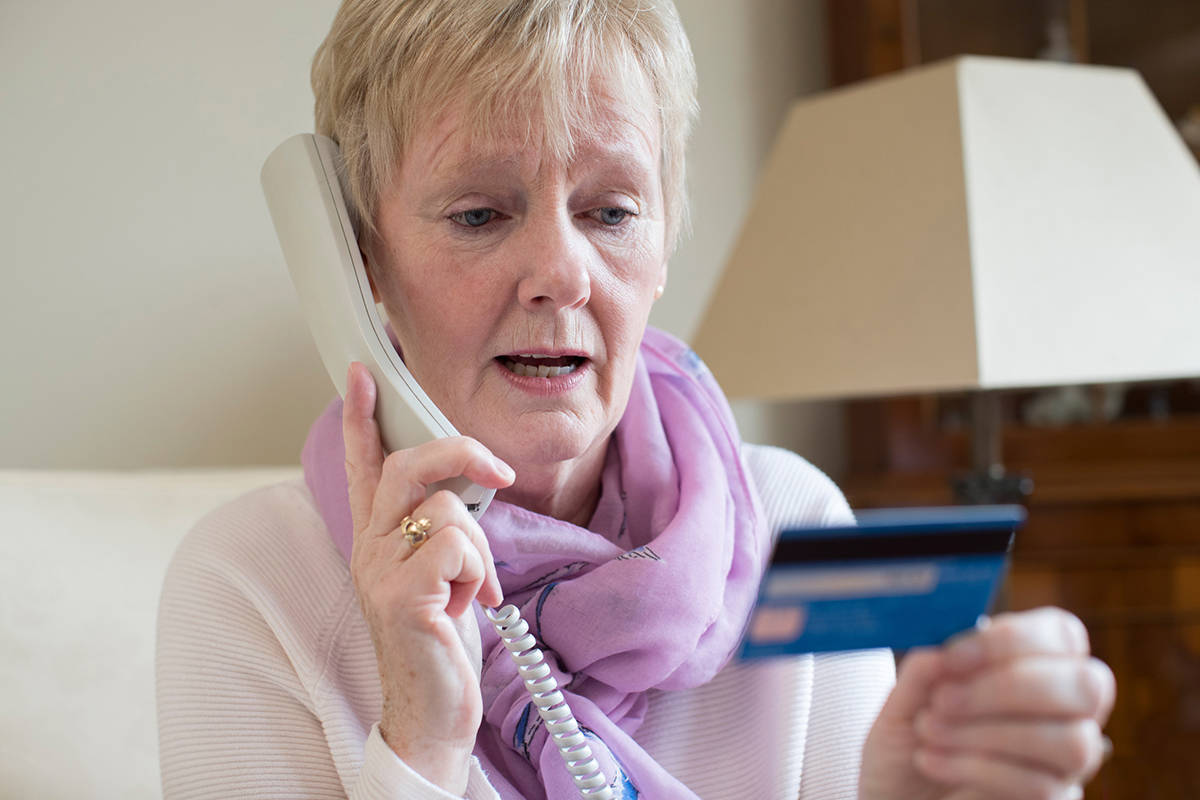IRS warns elderly, vulnerable about scams to steal relief checks
The IRS warned on Monday that the federal government’s issuance of checks to most Americans for financial relief during the COVID-19 pandemic probably will spawn efforts by scammers to take advantage of seniors and the vulnerable.
“With any good news story from the IRS comes an opportunity for criminals/scammers to take advantage of the American public,” the IRS said in a news release.
The agency said the elderly and others who don’t have traditional bank accounts are especially at risk once the checks are cut. The agency said scammers will seek to get the vulnerable to sign the checks over to them or attempt to commit identity theft by tricking people into providing their filing information to the scammer.
The IRS said to be aware of the following facts to avoid being victimized:
— The IRS will deposit the check into the direct deposit account you previously provided on your tax return, or send a paper check by mail.
— The IRS will not call and ask you to verify your payment details. Do not give out your bank account, debit account or PayPal account information, even if someone claims it’s necessary to get your stimulus check.
— If you receive a call that seems fishy, don’t engage with the caller, even if you want to tell the person that you know it’s a scam. Just hang up.
— If you receive texts or emails claiming that you can get your money faster by sending personal information or clicking on links, delete them. Don’t click on any links in those emails.
The Metropolitan Police Department on Monday also issued some tips to help Las Vegans avoid scams:
— Don’t give out personal information to anyone you don’t personally know and trust. Scammers often try to pose as government officials over the phone and ask for this information.
— The government will not charge processing fees before giving you your check. Don’t be fooled into paying money for a check.
— Keep your mailbox locked and check it frequently.
Reports also are swirling about bogus checks. If you receive a “stimulus check” in the mail now, it’s a fraud. It will take the Department of the Treasury a few weeks to mail those out.
If you receive a “stimulus check” for an odd amount (especially one with cents), or a check that requires that you verify it online or by calling a number, don’t do it. Both are techniques used by scam artists to try to steal your money.
Contact Glenn Puit at gpuit@reviewjournal.com or 702-383-0390. Follow @GlennatRJ on Twitter. Review-Journal staff writer Alexis Egeland contributed to this report.

















